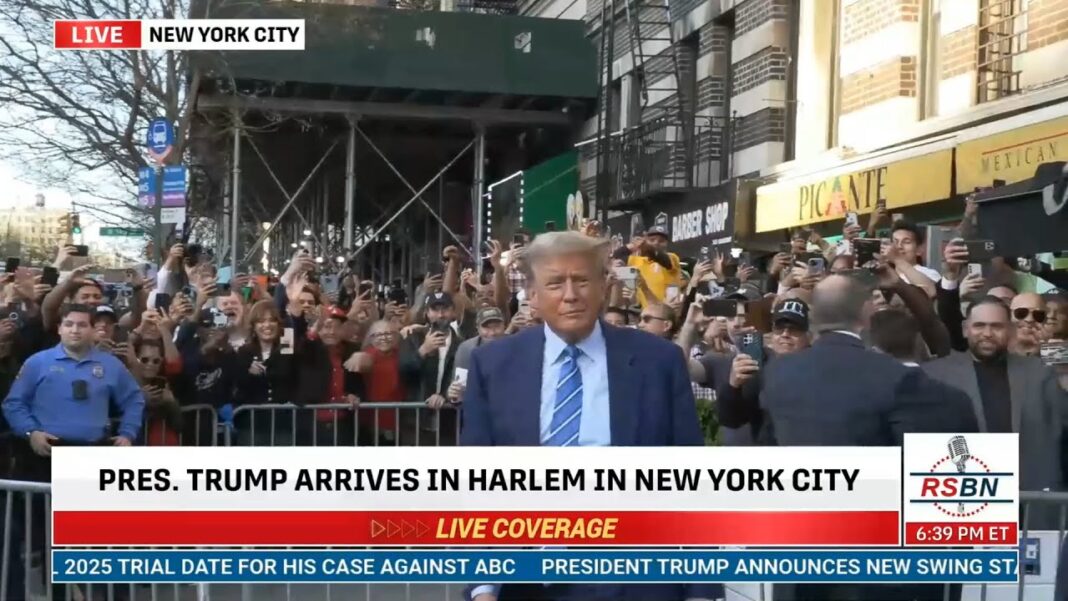WASHINGTON, D.C.— The bipartisan Fourth Amendment Is Not For Sale Act introduced by Rep. Warren Davidson (R-OH) today passed through the House of Representatives. This legislation stops the federal government from circumventing Americans’ Fourth Amendment right to privacy by closing loopholes that allow the government to purchase Americans’ data from big tech companies without a court order.
“Closing the data broker loophole is an important step towards restoring a government small enough to fit within the Constitution, and today, the House of Representatives took a monumental step to ending the unconstitutional practice of the sale and purchasing of Americans’ data without judicial oversight,” said Rep. Warren Davidson. “Despite opposition from Joe Biden’s White House, the Fourth Amendment Is Not For Sale Act represents a bipartisan and bicameral agreement that American citizens deserve to have their rights protected by their government. I am proud of the work my colleagues and I accomplished in passing this legislation in the House of Representatives. I urge the Senate to pass this legislation to ensure the right to privacy for all Americans.”
This legislation:
Requires the government to get a court order to force data brokers to disclose data — the same kind of court order needed to compel data from internet and communications companies.
Stops law enforcement and intelligence agencies buying data on people in the U.S. and about Americans abroad, if the data was obtained from a user’s account or device, or via deception, hacking, violations of a contract, privacy policy, or terms of service.
Closes loopholes that permit the intelligence community to buy or otherwise acquire metadata about Americans’ international calls, texts and emails to family and friends abroad, and obtain records about their web browsing — information that would normally require a court order to compel.
Takes away the Attorney General’s authority to grant civil immunity to providers and other third parties for assistance with surveillance not required or permitted by statute. Providers retain immunity for surveillance assistance ordered by a court.





